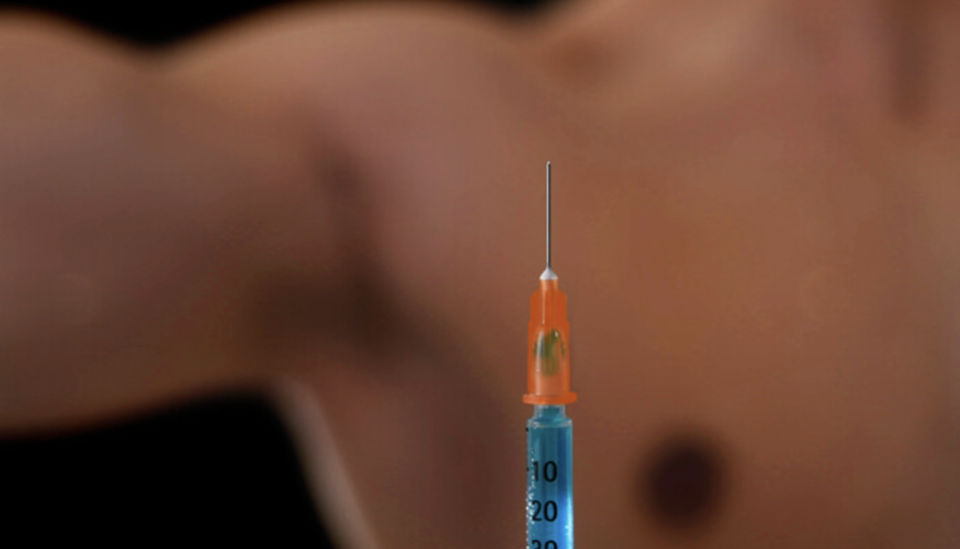Certainly, testosterone replacement therapy (TRT) does have the potential to reduce body fat, but this effect is more pronounced in individuals who have been medically diagnosed with low testosterone levels, a condition known as hypogonadism. Furthermore, significant reductions in body fat are observed in previously untrained individuals when they are administered supraphysiological doses of testosterone.
However, within the bodybuilding community, anecdotal evidence often suggests that testosterone is not particularly effective at directly reducing fat. Instead, it is commonly used in “stacks” during dieting phases primarily for its purported ability to help maintain lean muscle mass when individuals are on calorie-restricted diets, rather than its fat-reducing properties.
This viewpoint is supported by research findings as well. Studies indicate that testosterone is indeed proficient at increasing lean body mass or preserving it. Still, its efficacy in directly reducing fat mass appears to be limited, especially when exogenous testosterone is given to individuals who are already physically trained or active.
For example, a study involving healthy recreational athletes who trained at least twice a week found that those administered 250 mg of testosterone esters (specifically Sustanon) weekly for five weeks experienced a significant increase in lean body mass. However, the change in fat mass in this group was minimal when compared to individuals who received a placebo or growth hormone.
Another study involving healthy, physically active men also supports this notion. Participants were either given 200 mg of testosterone enanthate per week or a placebo for four weeks. During this period, they were subjected to a diet and exercise regimen designed to create a 55% energy deficit, simulating the conditions of strenuous military combat. Interestingly, while the testosterone group did see increased lean mass compared to the placebo group, changes in fat mass were essentially identical between the two groups, even under these energy-deficient conditions.
In summary, while testosterone replacement therapy can contribute to reductions in body fat, it is more effective in individuals with diagnosed low testosterone levels or those who are untrained. In physically active individuals with normal testosterone levels, its ability to directly decrease fat mass appears to be less significant, making it a valuable tool for maintaining muscle mass during calorie-restricted phases rather than a primary fat loss strategy.

